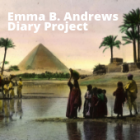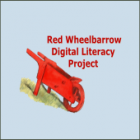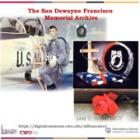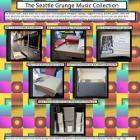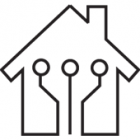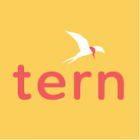
Tern
We at Tern are committed to providing curated travel tours, making it possible for everyone and anyone to freely explore any destination and serving you a one-stop solution for all of your travel needs. In our user research, we found that aspiring travelers often find brainstorming and logistics planning for travel to be overwhelming. There are too many sources available, such as Google Reviews, Reddit, Yelp, and Airbnb, which do not have the sole purpose of “Detailed Travel Planning.” With our service, travel planning can be more enjoyable and less burdensome.


